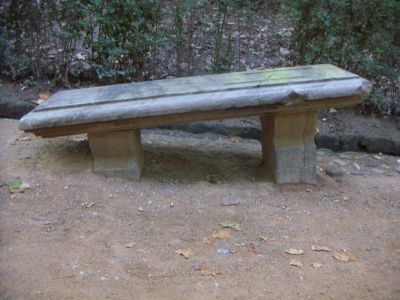a simplicity plan.
Listening to Ornette Coleman's At The Golden Circle, Volume 1, I find it hard to imagine that anyone, in 2006 (or even 2005), could fail to see "Faces And Places" as a heir to Sonny Rollins's earlier free-swinging trio recordings (and I love the bottomless resonance of Moffett's cymbals). In his liner notes, Ludvig Rasmusson says that "Ornette Coleman has been able to change our entire concept of what is beautiful," which he certainly did, just as all of jazz's initial innovators had to. Is a higher achievement possible?
Further, "European Echoes" and "Dee Dee" seem melodically and harmonically far more simple than old-fashioned bebop, or, at least, less formally organised. Jazz's history is often reduced to a narrative of growing complexity that chased away the audience, but it seems to me that, just as often, simplification was the way forward. The elimination of dixieland's front-line counterpoint and of stride's and ragtime's elaborate left hand gave the soloist more room by flattening the background. Kind Of Blue replaced bop's zillion chords with a couple of modes, after hard bop had put the working man (who parties hard) in the thinking man's stead. In A Silent Way did something similar in spirit 10 years later by doing away with telepathic rhythmic and harmonic interplay and putting ambiance and melody in its place. As free jazz's "unfettered" expressivity grew too dense, "Theme de Yoyo" channelled it into popular forms, with arrangements, vamps and beats. After jazz-rock spiralled off into meter-shifting extravaganzas, Downtowners made their own looser, dirtier version. While the institutional powerhouses were busy buttoning up and bowing to the past, others decided to expand sideways into hip hop and electronica. Alongside unwhistleable melodies based on arcane harmonic systems, there are other, immediate, pop-influenced ones.
I may of course be wrong, but this see-sawing between simplification and complexification seems to me either under-recognised ("jazz got complicated and lost the masses" vs. "Complexity = progress! March on!") or looked down upon ("can't play bop/chords/swing/blues/Armani suit music"). But often, those musicians who were able to deploy simple elements to better leverage the power of the complex ones were the best. They shifted the emphasis around, but forgot neither past nor present, simple nor complex.

|